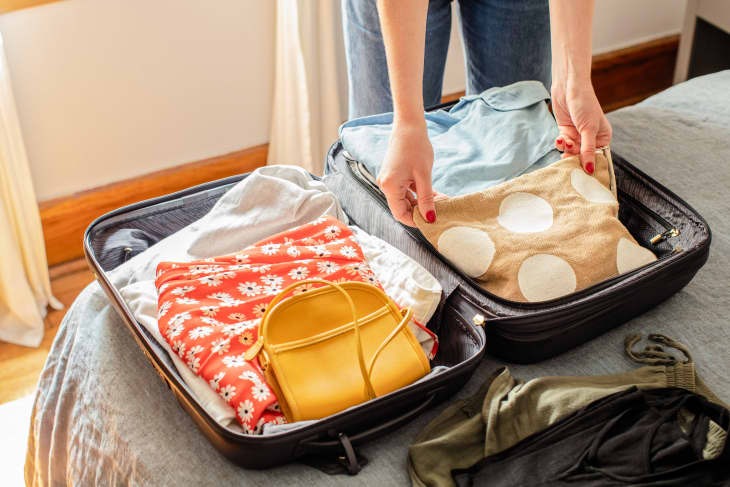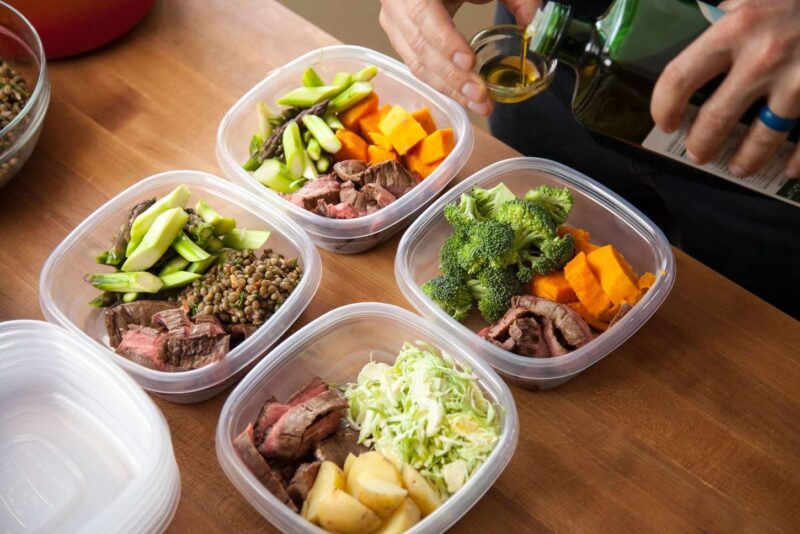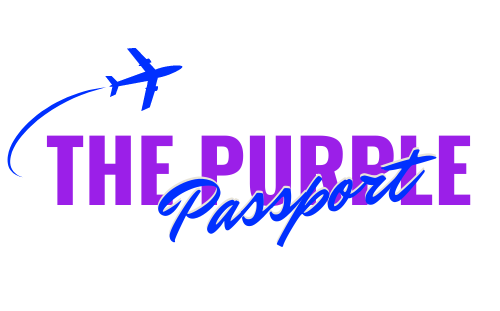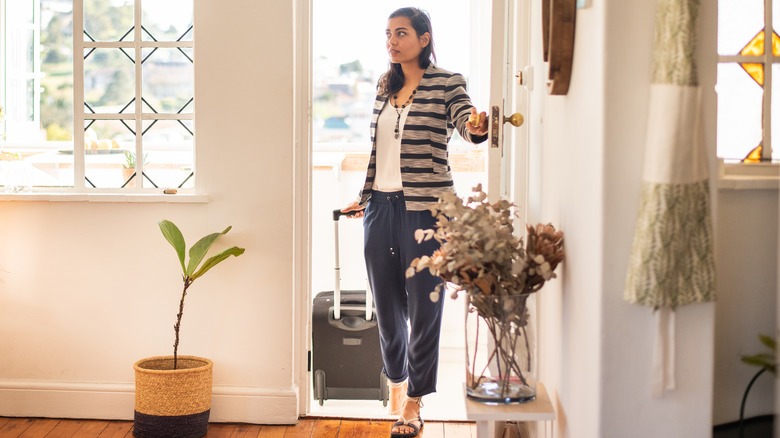Coming back home after a trip can feel like stepping off a roller coaster. You’ve got a mix of emotions, endless to-dos, and that suitcase sitting in the corner. It’s easy to lose momentum and sink into post-trip blues. But with a few proactive steps, you can bounce back and reset with ease.
Key points:
- Unpack and declutter immediately.
- Manage laundry and organize your gear.
- Restock your fridge and plan meals.
- Reflect on your trip and set goals.
- Ease into your routine with self-care and sleep.
1. Start by Unpacking and Tidy Up Your Space

Nothing says “I’m back” like an organized home. Instead of leaving your suitcase untouched for days, take ten minutes to unpack. Toss dirty clothes into a laundry basket, return your toiletries to the bathroom, and store souvenirs in their new homes. Clearing the physical mess helps you clear your mind too.
As you unpack, think about how to preserve those memories. Instead of letting pictures get buried on your phone, create something meaningful. A picture book can be a perfect way to relive your trip.
Check out a personalized picture book option here to create a keepsake that will last as long as your memories.
Pro tip: Studies suggest that tidying up your environment lowers stress levels and boosts focus. So tackle that suitcase—it’s worth it.
2. Handle Laundry and Refresh Travel Essentials
Laundry might not be glamorous, but it’s essential after a trip. Start with items that need immediate attention, like workout clothes or swimsuits. Washing them quickly prevents odors and stains from settling.
While you’re at it, give some love to your travel gear.
- Clean your suitcase or backpack with a damp cloth.
- Check for damage and make repairs, like stitching loose seams.
- Restock travel-sized toiletries to avoid last-minute panic before your next trip.
It’s a small effort that makes a big difference. Fresh clothes and refreshed gear mean you’re ready for whatever comes next.
3. Restock Groceries and Plan Balanced Meals

Coming home to an empty fridge can feel like a punishment. Instead of ordering takeout for three days straight, head to the store and restock essentials. Fresh fruits, vegetables, proteins, and pantry basics should top your list.
Meal planning can ease you into a healthier routine. Start with simple dishes like stir-fries or soups. Not only does cooking at home save money, but it also helps you recover after indulging in rich foods. Research shows that people tend to gain a pound during vacations, so consider this your reset button.
Pro tip: Use this time to meal-prep snacks or breakfasts for the week. It’s one less thing to worry about later.
4. Reconnect With Loved Ones and Share Your Adventures
Travel stories aren’t meant to stay locked in your head. Sharing them with friends or family adds joy to the memories. Invite someone over for coffee, show them photos, or gift small souvenirs.
Reconnecting strengthens your bonds and helps ease the transition back to normal life. It’s like giving your mind a social recharge, which can be just as important as unpacking.
5. Check Your Finances and Update Your Budget
Your wallet might have taken a hit, so it’s time to check the damage. Sit down with your bank and credit card statements to review expenses. Verify every charge—mistakes happen more often than you’d think.
Here’s what to focus on:
- Track all expenses and categorize them (food, lodging, entertainment).
- Flag any unfamiliar charges and contact your bank if necessary.
- Adjust your monthly budget to accommodate recent spending.
Being proactive ensures that financial surprises don’t catch you off guard later.
6. Prioritize Rest and Give Your Body Time to Reset

Travel can wreak havoc on your sleep cycle. It’s tempting to jump straight back into life at full speed, but your body needs rest. Focus on getting to bed early, avoiding late-night screen time, and drinking plenty of water throughout the day.
Light movement can also help. Go for a walk or stretch to ease any stiffness from travel. Studies show that proper sleep and hydration improve mood and cognitive function, which helps you handle post-trip responsibilities with ease.
7. Organize Photos and Create a Visual Keepsake
Digital clutter is real. Instead of letting your photos sit forgotten on your phone, take some time to back them up. Organize them into folders by date or theme, so they’re easy to find later.
Why stop there? Turn your favorite snapshots into something tangible. A photo book is an easy way to relive the highlights.
Reflecting on your trip visually can be just as satisfying as experiencing it in the moment.
8. Ease Into Your Routine Without Overloading Yourself
Diving straight into a packed schedule is a recipe for burnout. Start small.
- Block out time in your calendar for high-priority tasks.
- Skip unnecessary meetings to focus on catching up.
- Set realistic goals for the first few days back.
The key is to pace yourself. It’s okay to leave gaps in your day for a walk, some journaling, or just sipping tea in silence.
9. Reflect on Your Experience and Set Goals

Trips can teach a lot about yourself. Take a few minutes to reflect. What did you learn? How did the trip affect your mindset?
Some ideas:
- Write a short journal entry summarizing your favorite moments.
- Note down travel tips for future trips (like packing less or booking activities earlier).
- Use what you’ve learned to set personal goals, whether they’re about saving for another trip or trying something new at home.
10. Plan Your Next Trip and Keep the Excitement Alive
Don’t let the adventure end when the trip does. Start thinking about where you’d like to go next, even if it’s a year away.
Creating a vision board with destinations, activities, and experiences can make the planning process more fun. Research suggests that people who plan trips in advance are not only more satisfied with their vacations but also experience less stress leading up to them.
11. Take a Moment for Self-Care and Wellness
Travel often means disrupted routines, skipped workouts, and indulgent meals. Use your first few days back to check in with yourself. Start with hydration—your body probably needs it more than you realize. Add light movement, like yoga or stretching, to wake up stiff muscles.
Mentally, self-care could mean scheduling a massage or simply spending an afternoon reading. The goal is to ease the transition and create a foundation for the weeks ahead.
12. Declutter Your Digital Life After Traveling

Returning home isn’t just about physical organization. Digital chaos can follow you too.
- Delete unnecessary travel apps or photos.
- Clear your inbox of junk emails that piled up.
- Organize receipts and confirmations into a dedicated travel folder.
Simplifying your digital world keeps you focused and prevents distractions as you settle back into everyday life.
Conclusion
Getting back into the swing of things doesn’t have to feel overwhelming. With a mix of organization, self-care, and a little forward-thinking, you can turn the transition into a seamless reset. Tidy up your space, prioritize your health, and create something meaningful with your memories.
The goal isn’t just to return—it’s to recharge and thrive. Now, grab that to-do list and take it one step at a time!

